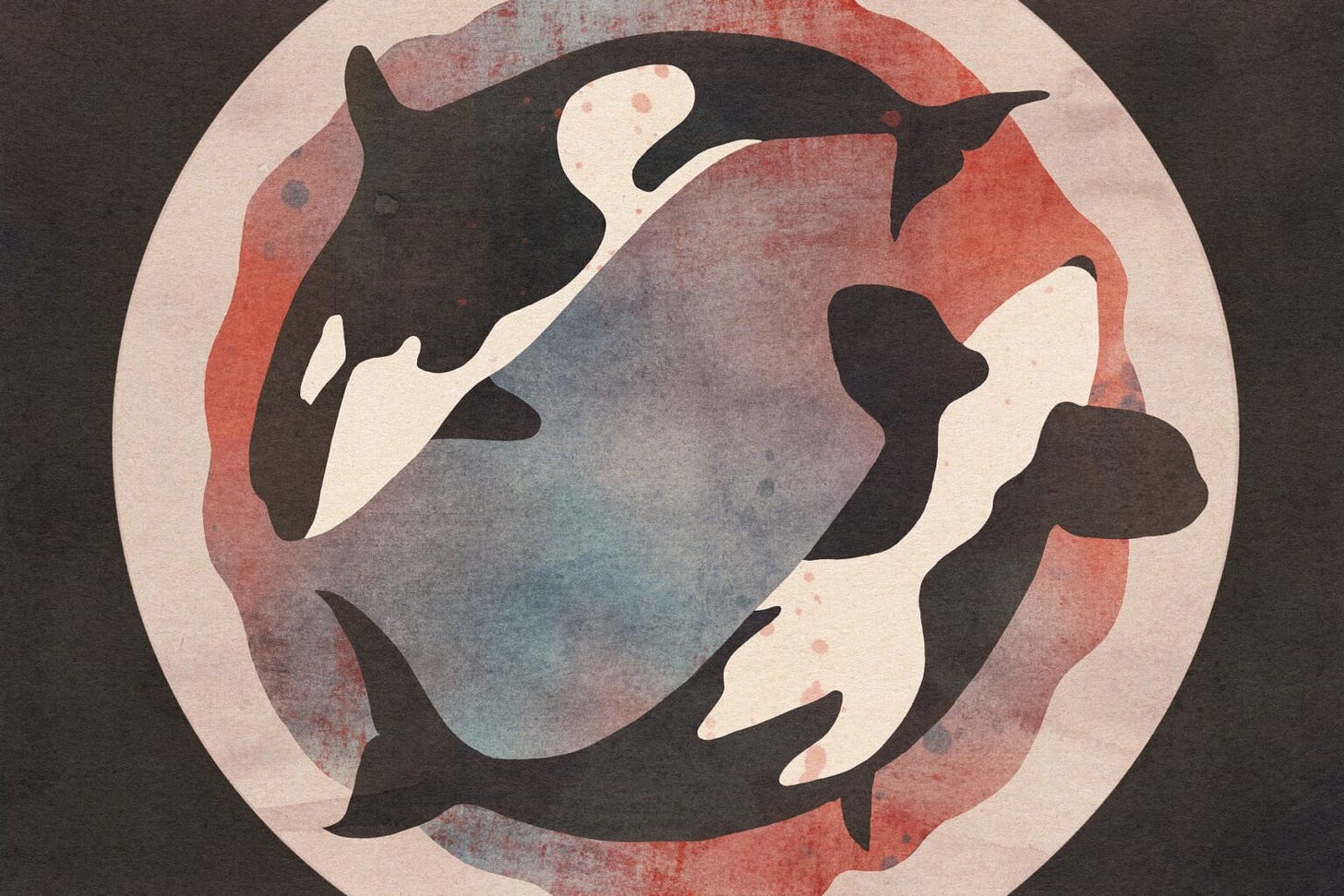Illustration by Julieta Caballero
Hackers were able to access the personal information of millions of McDonald’s job applicants after correctly guessing the username and password of its AI hiring services as “123456.” The company also used a chatbot (named Olivia), an increasingly common practice, as Mihika Agarwal discovered in her feature on how HR is becoming less human:
Many employers are now outsourcing high-stakes decisions, like hiring, to bots. The professional futures of millions of human beings are being treated like just another constellation of data points. Critics warn that hiring algorithms can be biased, opaque in their goals, or just plain junk, causing real harm to candidates and preventing qualified people from getting jobs. [Read more]
Alberta is moving forward with its plan to ban books it considers “explicit” from school libraries.
points to the many drawbacks of this form of censorship, as well as the greater context for the government’s decision, in “Alberta’s Book Ban Is a Blatant Act of Cultural Vandalism”:The government’s actions raise several questions, such as what constitutes “age-appropriate” and how is “explicit sexual content” being defined. (One cherry-picked quote used to justify the government’s fear mongering describes the “painful, itchy beginnings of my breasts.” If Alberta’s elected officials find that titillating, they should seek counselling.) More fundamentally, Albertans must now consider whether partisan elected officials have a mandate to cull the province’s libraries to reflect their own values. Smith may have won political power, but does that power include the ability to decide what children are allowed to read? [Read more]
Russia recently became the first state to recognize the Taliban as Afghanistan’s government. The extremist regime has been trying to normalize its rule through what some might find to be a surprising avenue. Soraya Amiri explains in “Why the Taliban Love Social Media”:
After retaking power, the Taliban’s social media positioning changed to try to reflect their new status as Afghanistan’s official government. Accounts associated with the Taliban proliferated on Twitter, now known as X, and Facebook, framing the group as a peaceful, unifying governing force, unlike other terrorist groups. … Where they once used WhatsApp to subvert the US-backed government, Taliban officials in various ministries now distribute press releases, photos, and videos to journalists on the messaging platform. But while the Taliban have become media savvy, they are no less authoritarian, says Michael Semple, a research professor at the Senator George J. Mitchell Institute for Global Peace, Security and Justice at Queen’s University Belfast. [Read more]
Whale populations off the coast of BC are in decline, scientists warn. But there’s another crisis unfolding behind aquarium glass. Jessica Taylor Price dove into the complications of rehoming orcas that have never lived outside the captivity of Marineland:
In the spring of 2024, the Whale Sanctuary Project (WSP) shared details on its website about an “accelerated plan” for the Nova Scotia sanctuary to accommodate Wikie and Keijo. The plan involved building a 6,650-square-metre pen in Port Hilford to allow the orcas to become acclimated to the area while the rest of the sanctuary was built. Once construction was completed and Wikie and Keijo were deemed ready, they would leave the pen and be free to roam throughout the wider sanctuary space. Aside from living in a space 117 times the size of the orca enclosure at Marineland, they would receive veterinary care and be fed dead fish. And they wouldn’t have to perform shows for it. But would the orcas thrive at WSP? There is no precedent for putting captive-born orcas in a sanctuary. [Read more]
Check out our books podcast, What Happened Next, hosted by Nathan Whitlock. This week’s conversation is with Natalie Zina Walschots, about her novel Hench.
Read a poem by Kayla Czaga: “Coho”
Read a short story by P. N. Van Den Bosch: “Saturday Project”




